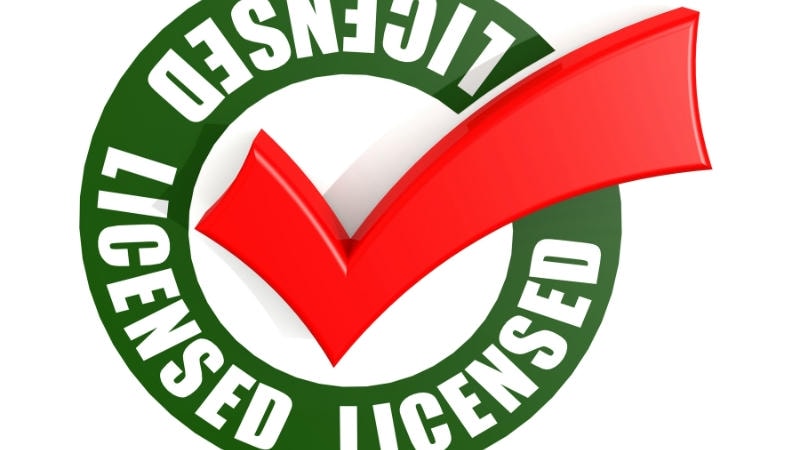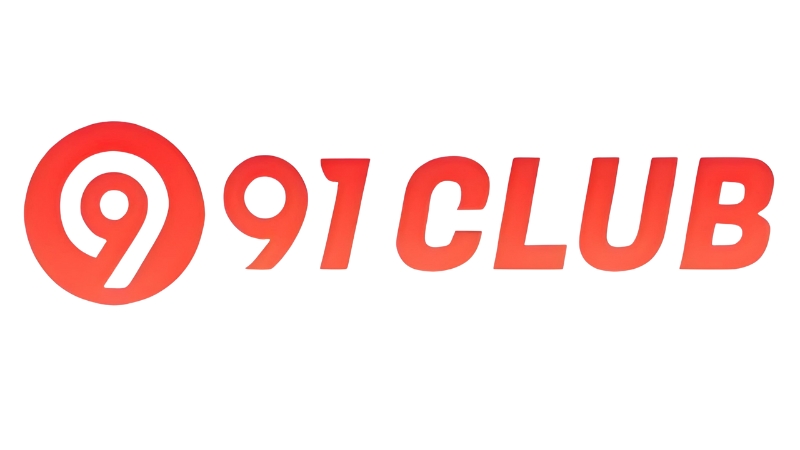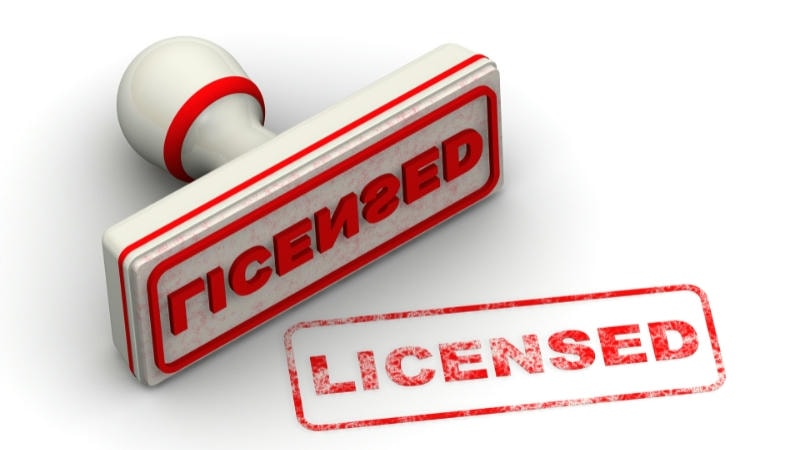Choosing the right online casino isn’t just about games or bonuses—it starts with the license. Curacao, PAGCOR, and Malta are three major licensing bodies shaping the global gaming space. But what do these licenses really mean for players and operators? In this guide, we’ll explore their differences and reveal what truly matters when trusting a platform like 91 Club.
Regulatory credibility and player protection standards
The first question to ask is: how strict is the regulator?
Curacao: A license with global reach but light touch
Curacao is one of the oldest regulators in the world, offering iGaming licenses since 1996. It currently covers over 70% of all crypto casinos and thousands of international gambling sites. However, its low entry barriers also mean limited enforcement power.
Curacao licenses are cost-effective (around $25,000/year) and easy to obtain. But for players, it may raise concerns. Dispute resolution mechanisms are minimal, and there’s limited direct recourse in case of unfair play.
Key point: If a casino is licensed in Curacao, it’s legal, but players should double-check the reputation of the operator, especially for issues related to withdrawals and fairness.
PAGCOR: Strong domestic control, less international influence
The Philippine Amusement and Gaming Corporation (PAGCOR) is a unique regulator because it’s state-owned and operated. It issues licenses primarily for domestic and offshore operators targeting Asian markets.
PAGCOR casinos must follow strict anti-money laundering and consumer protection policies. They also need to prove financial stability before approval. However, PAGCOR has limited global enforcement and is not always recognized outside Southeast Asia. Still, if you’re playing at an Asian-focused platform like 91 Club, a PAGCOR license is a good indicator of regulatory oversight.
Interesting fact: PAGCOR contributed over ₱55.95 billion (approx. $990 million) to the Philippine government in 2023 alone.

Malta: The gold standard of iGaming regulation
The Malta Gaming Authority (MGA) is often considered the industry’s most prestigious license. Issued under EU regulations, it enforces strict rules on responsible gambling, KYC/AML procedures, and player fund segregation.
MGA is known for transparency and effectiveness. Disputes are taken seriously, and operators face heavy fines if they violate standards. In 2022, MGA fined over €734,000 in penalties to non-compliant operators.
However, this comes at a cost. An MGA license can cost upwards of €100,000 annually, including compliance fees and audits. It’s a big investment – but for players, it means peace of mind.
Quick comparison: If you see “MGA-licensed” on a casino site, it’s a sign they’re aiming for long-term trust, not just quick profit.
Tax structures and cost of operations
When it comes to business, the location of a license significantly affects profitability and sustainability.
Curacao: Low taxes and minimal bureaucracy
Curacao is attractive to startups and crypto casinos because of its 5% effective tax rate. There are few compliance hurdles, which means lower operating costs. However, this also opens doors for rogue operators. Operators like 91 Club who want to scale fast may start with a Curacao license, but may later upgrade to a stricter one to build deeper trust.
PAGCOR: Heavier tax burden, but legal clarity
PAGCOR imposes a 5% franchise tax on gross gaming revenue plus other fees based on the operator’s classification. While higher than Curacao, this also includes the advantage of legal protection in the Philippines. It’s an appealing choice for operators targeting the Asian market, especially where players are more familiar with local brands.

Malta: High cost, high prestige
Malta requires a variable tax rate (0.5% to 5% of GGR) depending on the license type. Operators also face annual fixed fees and rigorous financial reporting. Despite the costs, big names like Bet365 and LeoVegas choose Malta because it allows access to the European Economic Area (EEA) and increases player confidence.
Dispute resolution and player support channels
Now let’s talk about what happens when things go wrong – a dispute, a delay in payment, or a game glitch.
Curacao: Limited mediation, rely on the operator
Curacao licensees are expected to resolve disputes internally. There’s no independent complaints body, and the government rarely steps in For players, this means that your experience heavily depends on the individual casino. Sites like 91 Club, even when Curacao-licensed, must go the extra mile to build their own support reputation.
PAGCOR: Centralized but slow system
PAGCOR allows players to file complaints via its official website, and decisions are made by their legal team. The process can be slow, but it’s transparent and operates under the national laws of the Philippines. PAGCOR has improved its turnaround times in recent years, and now resolves disputes in an average of 10-15 business days.
Malta: Professional and fast conflict resolution
MGA offers one of the most player-friendly complaint systems. Players can contact the Player Support Unit, and cases are usually resolved within 7 days. This is why players in Europe often prefer MGA-licensed casinos – they know there’s a real, responsive system backing them.

Jurisdictional acceptance and international reach
One final aspect to consider is how widely accepted each license is, especially if you’re playing from different countries.
Curacao: Accepted almost everywhere, except strict markets
Most global markets accept Curacao licenses, but countries like the UK, Sweden, or Germany do not recognize it as valid. Players from these regions may face geo-blocks or restrictions.
PAGCOR: Popular in Asia, limited elsewhere
PAGCOR is highly respected in Southeast Asia, but often not accepted in Europe or North America. However, it remains ideal for Asian platforms like 91 Club that cater to regional preferences and games.
Malta: Universally respected in regulated markets
MGA is recognized across the EU and many other jurisdictions. If you want to play legally in Germany, Finland, or Ireland, Malta is your best bet. This wide acceptance helps trusted online casinos build global operations and gain access to lucrative regulated markets.
In the end, understanding the license behind an online casino can protect your experience and finances. While Curacao, PAGCOR, and Malta each offer unique strengths, the best choice depends on your priorities. Whether you value regional access, strong regulation, or low fees, knowing the difference helps you choose a truly trusted online casino like 91 Club.

